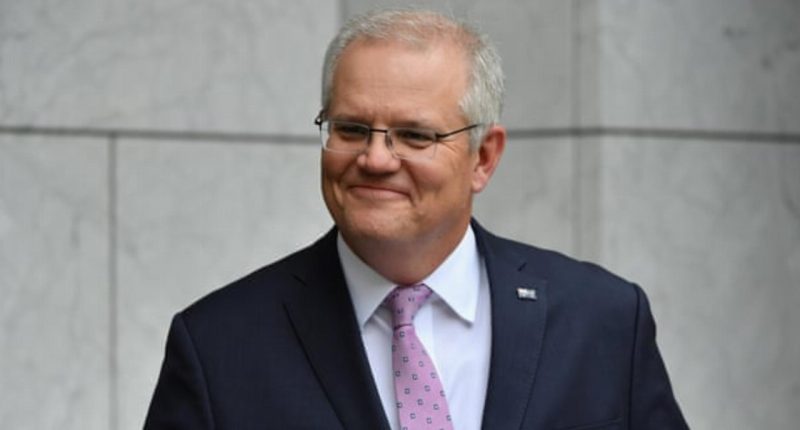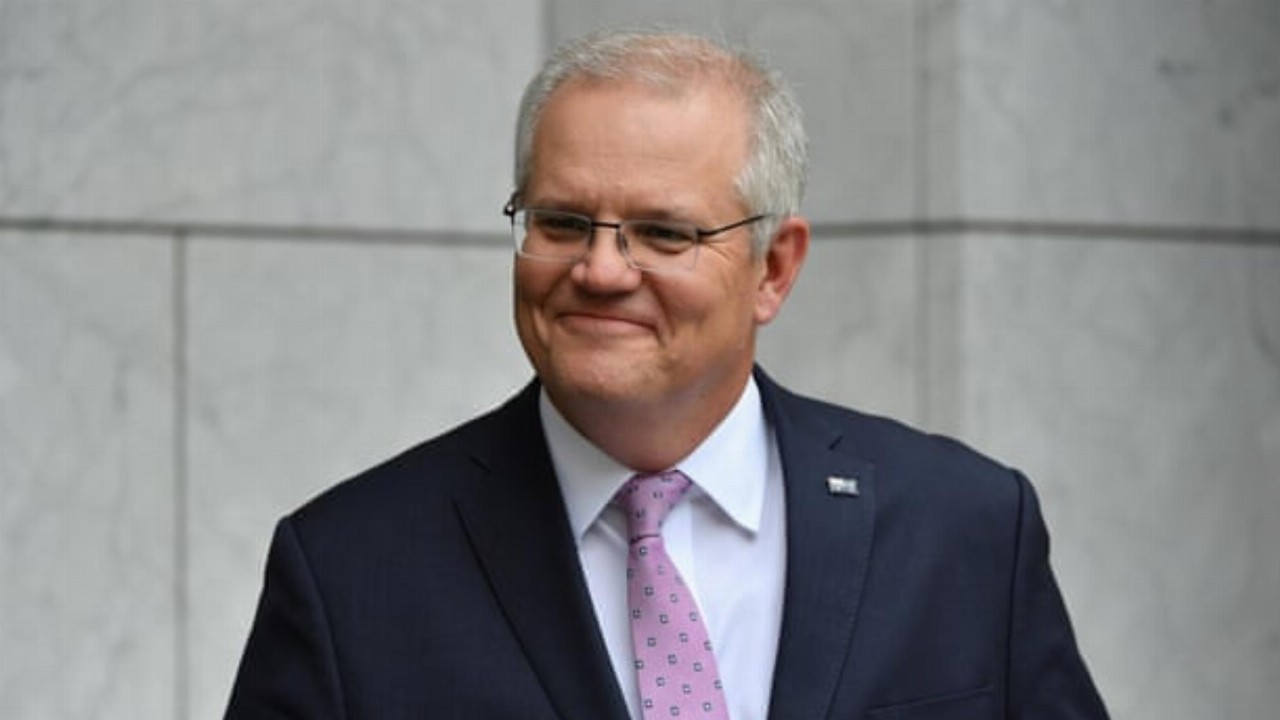- Billions of dollars in backdated tax cuts have quickly made their way through Parliament as part of the Federal Government’s plan to combat a lengthening recession
- Passing in just three days, the $17.8 billion in income tax relief will save average earners around $20 a week and those earning over $90,000 around $47 per week
- A further $31.5 billion in tax relief is aimed at the private sector, allowing businesses that generate less than $5 billion in revenue to write-off the cost of newly acquired assets and offset their current losses against previous years
- Despite passing with support from both major parties, Labour has criticised the overall budget, citing a lack of support for women and older workers
Billions of dollars in backdated tax cuts have quickly made their way through Parliament as part of the Federal Government’s plan to combat a lengthening recession.
The tax cuts were originally planned to come into effect in 2022 but were brought forward help struggling Australian’s conserve cash during the downturn.
Announced alongside the Federal Budget early last week, the $17.8 billion in income tax relief will impact up to 11 million Australians, which the Government hopes will stimulate the economy in the short term.
A temporary tax easing will save average wage earners around $20 a week. Meanwhile, those earning more than $90,000 a year will receive a permanent tax cut equal to around $47 per week.
A further $31.5 billion in tax relief is aimed at the private sector, allowing business that generate less than $5 billion in revenue to write-off the cost of newly acquired assets and also offset their losses against previous less turbulent years.
In a press conference shortly after the plan passed Parliament, Prime Minister Scott Morrison said this was the budget Australians needed.
“This is a real budget that is going to have real impacts for Australians, as we come out of this COVID-19 recession,” he added.
Despite the tax cuts passing with the nod from both major parties, Labour has raised concerns about the overall budget, centring on its lack of support for women and older workers.
The Greens, who officially opposed the cuts in Parliament, criticised the budget’s focus on high earners, with senator Sarah Hanson-Young saying the Government had chosen the wealthy over the poor.







